I'm Genevieve Rudd, Youth Engagement Officer at Time & Tide Museum, Great Yarmouth. I co-organise National Saturday Art & Design Club and other Arts Award projects with my job share colleague Tricia Hall, through theCreativeCollisons youth arts network.
What are your tips for running a successful arts workshop?
Stick to a schedule - My top tip for running a successful workshop would be to schedule time beforehand for planning.
From my experience, having a clear start, middle and end of any project are key – whether you’re running a one-day session or a regular group over several months.
As a facilitator, it will help you feel more confident about what you’re delivering. For a participant, it’ll help them know what is expected of them.
So, when I’m running a workshop, I usually start with a really clear introduction which tells the group of participants who I am, what the aim of the workshop is, explain the techniques or skills that will be used, and what the intended outcome is. That way, everyone knows what to expect!
Then, the middle part of the session is the activity -- it’s the making, the doing, the creating part. Then finally, the end. It’s easy to think of the end of a session as just the part where all the materials get packed away (which is important too, of course!) but the way a session ends can be just as significant as how they begin.
Throughout the session, keep an eye on the time and let people know how long is left.
When there are 20 minutes left to go, for example, tell the group so there is a gradual progression towards the finishing time. This gives the facilitator chance to do a quick review of the intended outcomes, and see whether the group is on target or not.
Reflect on what went well - The end of the session is a really good time to review what happened during the workshop. Also, to open up space for feedback from the group by asking whether they achieved what they wanted to or whether it lived up to their expectations, what they liked or what could be made better. This might come in the form of an open discussion of thoughts for the last 5-10 minutes, a ‘show and tell’ of what was produced during the workshop, or through feedback sheets.
Be prepared to go off plan - Sometimes you can make a really clear plan for a session but, for whatever reason, it just doesn’t work out. Don’t panic! After the session, take time to review why the outcome wasn’t achieved. Was it too ambitious? Were there enough materials? Did the participants understand the activity? Was there enough time? Don’t beat yourself up about it -- think of it as a live learning opportunity.
As long as you take time to reflect on both what worked well and what didn’t, then it isn’t wasted effort, it’s a chance to develop more insight and experience.
Remember to think about the things that did work out, as well as the things that didn’t.
If you’d like further tips on facilitating, talk to your Arts Award advisor or tutor, as they can give you support from their own experience. Chances are, the times when things didn’t go well were the best learning opportunities!
Get Involved with Arts Award
Arts Award (What is Arts Award?) helps you to grow your talents, explore the arts, be a creative leader and get a qualification. If you’re already participating, go you! Head over to our Bronze and Gold hubs for more inspiration and support.
Join our Arts Award alumni network
We’re on the lookout for Arts Award alumni everywhere! We’re here to help support you in your next career steps and offer some useful and interesting benefits! Find out more and sign up.
Write for us
Help others like you get through their Arts Award qualification by writing about your tips and experiences. Become a Voice Contributor today.
Time & Tide Museum (Norfolk Museum & Archaeology Service) is an Arts Award Supporter. You can see their profile here.


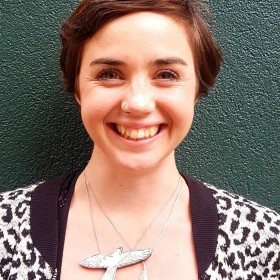
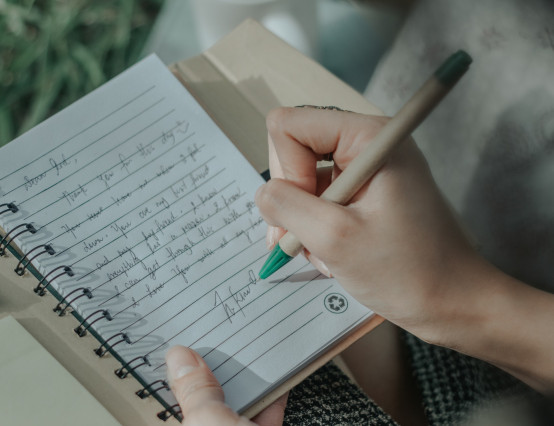

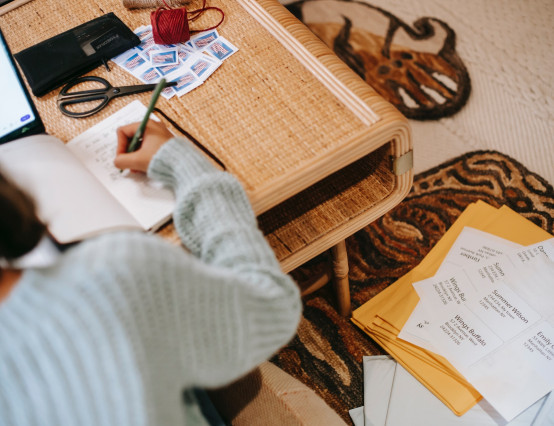
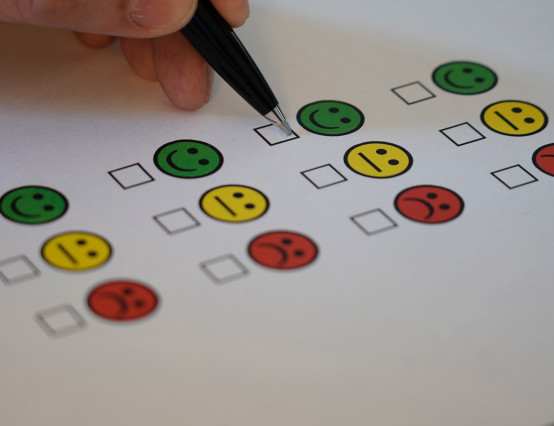
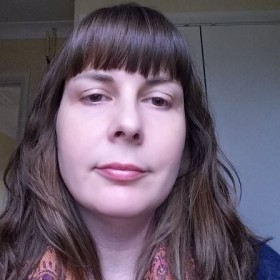

All great advice. The time and tide museum is a really interesting place too so if you get a chance to visit it do pop in.